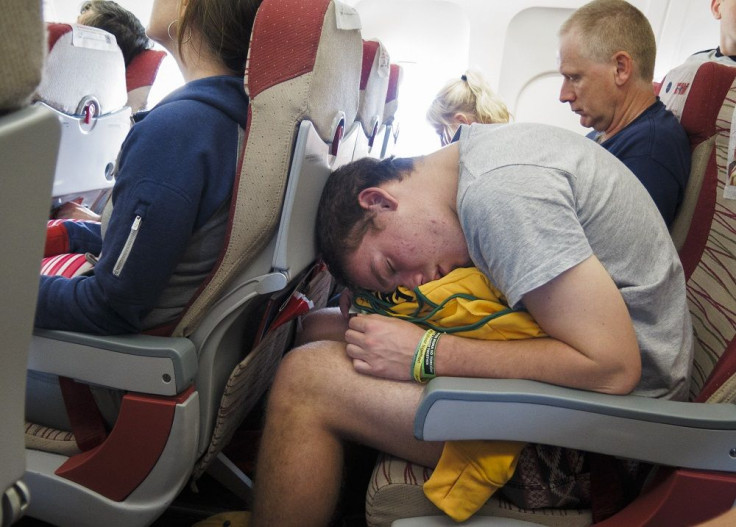Australians have the earliest bedtime at 10:45 pm

Of less than 10 million people around the world afflicted with Fatal Familial Syndrome, two are a pair of siblings in Queensland. However, majority of Australians apparently do not have much trouble going to sleep.
A new University of Michigan study even hints that Aussies would put fairy tale character Cinderella – who has a 12 midnight curfew to be home or her carriage would turn into a pumpkin and her gown into rags – to shame. That’s because the average bedtime of Australians is about 10:45 pm, reports The Sydney Morning Herald.
On the opposite end, the average time that people in Spain go to bed is almost midnight, or an hour after Australians’ bedtime. However, by hours of sleeping, Japanese and Singaporeans have the least at an average of 7 hours, 24 minutes. In contrast, the Dutch enjoy the longest average at 8 hours, 12 minutes.
The data show that cultural factors play a powerful influence on sleep patterns, says Michael Gradisar, associate professor at the Flinders University’s Sleep Research Laboratory. Gender as well as time spent in sunlight also play a role in sleep times.
The study, published in the Sciences Advances journal by the American Association for the Advancement of Science, found that middle-aged men have the least sleep, while women generally sleep 30 minutes longer than men. Those exposed to sunlight longer tend to have an earlier bedtime that those exposed to indoor light.
The pioneering study on global sleep patterns used mobile apps, math modeling and big data. The app it used is a free one on smartphones that reduces jetlag. The researchers gather sleep data from thousands of respondents from 100 countries and analysed their age, gender, amount of light and home country’s impact on sleep.
“It appears that society governs bedtime and one’s internal clock governs wake time, and a later bedtime is linked to a loss of sleep,” explains Daniel Forger, professor at the university’s College of Literature, Science, and the Arts, and Medical School’s Department of Computational Medicine and Bioinformatics of the University of Michigan.
Forger adds, “At the same time, we found a strong wake-time effect from users’ biological clocks – not just their alarm clocks. These findings help to quantify the tug-of-war between solar and social timekeeping.”




















